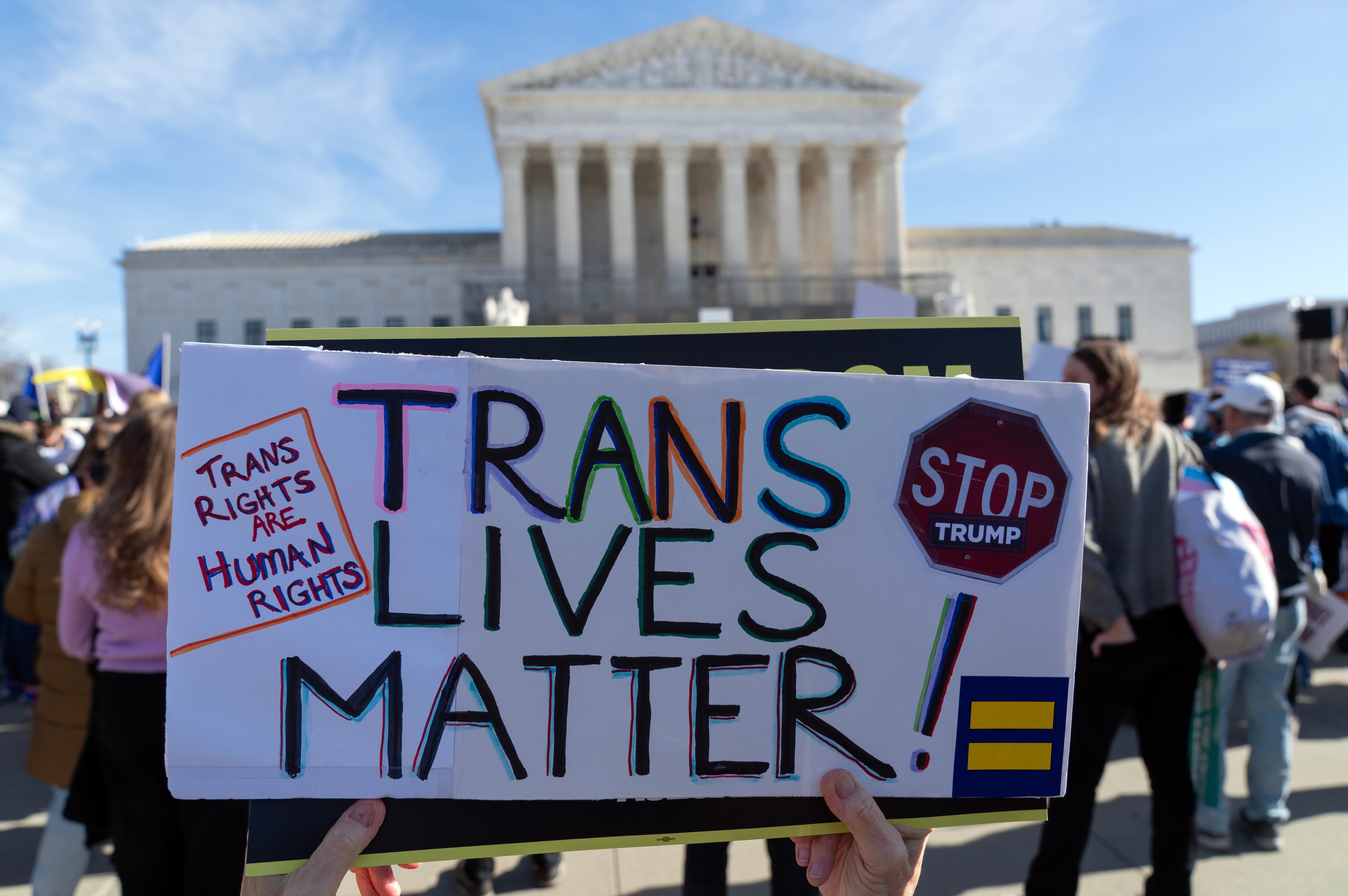U.S. surgeon general calls for social media warning labels
U.S. Surgeon General Dr. Vivek Murthy urged Congress to tackle the growing mental health crisis among youth, singling out social media as “an important contributor.”
In a New York Times op-ed published Monday, he proposed implementing tobacco-style warning labels on social media platforms — similar to the 1965 congressional mandate for cigarette pack warnings — to inform users, especially parents and teens, about potential mental health risks associated with these sites and apps.
“One of the worst things for a parent is to know your children are in danger yet be unable to do anything about it. That is how parents tell me they feel when it comes to social media — helpless and alone in the face of toxic content and hidden harms,” Murthy wrote.
Murthy emphasized the success of warning labels in raising awareness and influencing behavior change, citing the success of such labels in the tobacco industry. While acknowledging a label alone may not make social media completely safe, he stressed its importance in mitigating risks and promoting a safer online environment for children.
The surgeon general’s concerns arise from the increasing time teenagers spend on YouTube, TikTok, Instagram and other popular platforms, which have been associated with a higher risk of experiencing anxiety and depression symptoms. The American Psychological Association reported a 52% increase in the prevalence of suicidal thoughts or other suicide-related outcomes among adolescents ages 12-17 from 2005 to 2017, coinciding with the rise in social media use in this age group.
Murthy highlighted that social media often fails to enhance mental health through face-to-face interaction, a proven method for well-being. Instead, it can disrupt sleep and valuable in-person time with family and friends. He ended his op-ed by emphasizing “the moral test of any society is how well it protects its children.”
“We have the expertise, resources and tools to make social media safe for our kids. Now is the time to summon the will to act. Our children’s well-being is at stake.”



